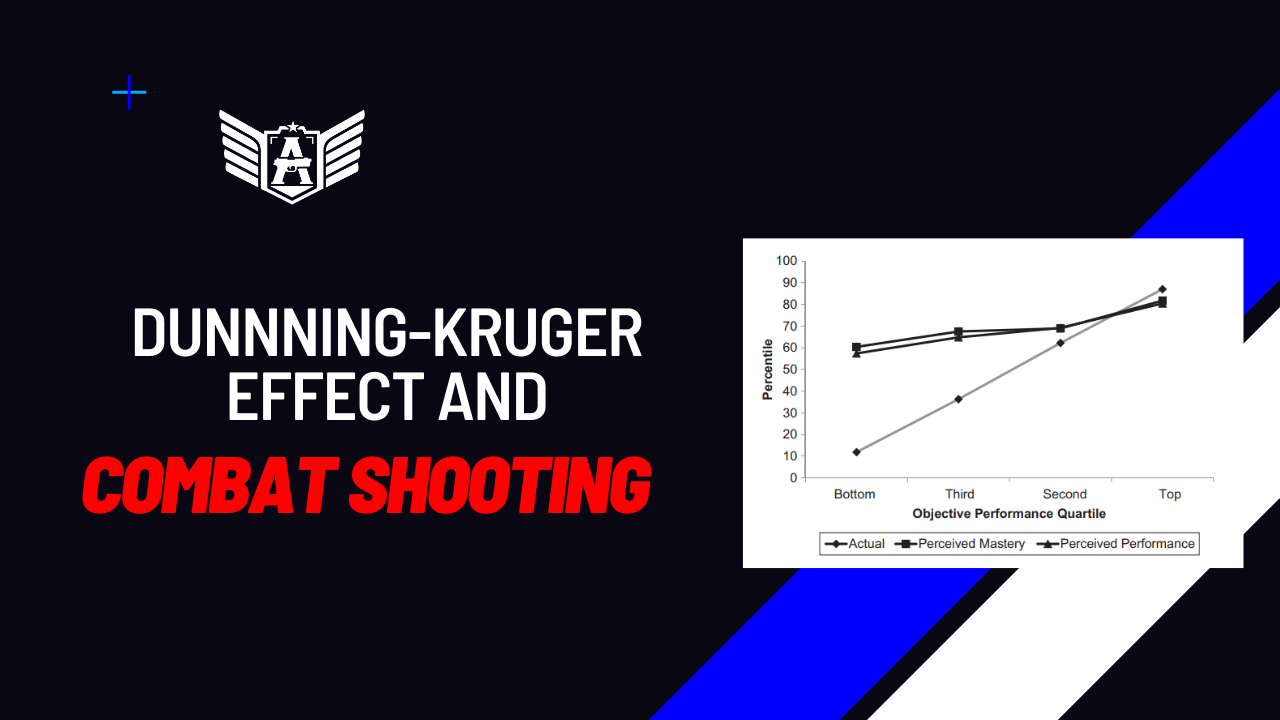
Personally, I harbor a deep disdain for thieves, rapists, drug dealers, invaders, politicians, and all kinds of criminals. The satisfaction in witnessing a failed robbery, with a citizen successfully defending himself, is undeniable. However, in the overwhelming majority of countries globally, citizens aren’t legally authorized to mete out justice, and deviating from legitimate self-defense can lead to serious criminal charges.
The uncertainty surrounding what to do in a life-threatening situation poses a significant threat to one’s survival. Quick decision-making becomes imperative, as overthinking can cost you your life or worse. It’s crucial to equip individuals with a logical solution that facilitates decision-making, enhancing their chances of survival and that of those depending on them.
In the United States, laws like “Stand Your Ground” and the “Castle Doctrine” vary from state to state. In Europe, despite exceptions, citizens are considerably disarmed due to misguided policies. However, the right to self-defense exists and it’s essential to be aware of it. Even in dictatorships like Venezuela, Brazil, or North Korea, some form of respect for self-defense exists.

So, when is it justifiable to kill in self-defense? And how can we establish a rule that makes sense irrespective of local legislation?
The answer lies not in legislation but in morality and logic. Laws may change, influenced by politicians with dubious motives, political advantages, bribery, and so forth. Morality remains static, embedded in stone and the heart of an upright person.
Use lethal force exclusively against a lethal threat or when the potential or likely outcome is worse than facing legal consequences.
If either of these conditions is present, it’s a pertinent moment to consider using lethal force.

Let’s explore some examples:
(a) A person engages in aggressive driving, rolls down the window, and hurls insults at you. Currently, neither condition is present, so, for now, it’s not a pertinent moment to consider lethal force.
(b) The individual from scenario (a) now blocks your car, exits with a weapon in hand, and approaches you. There is an undeniable lethal threat. Immediate action is necessary.
(c) This scenario is more nuanced. Someone advances aggressively towards your child. You’re unsure of his intentions, but there’s a potential or likely outcome that your child could be gravely injured, killed, or abducted. Could you live with yourself, knowing your child suffered because of your inaction, fearing legal repercussions? For many, protecting their children is worth any consequence. Consider that after a fair judicial process, in reasonably civilized countries, one might be deemed innocent. However, in corrupt states, anything can happen. Remember, the alternative outcome would be far worse.
I encourage my students to always play the “What If” game. Preemptively envision scenarios where you’re certain you would use lethal force and those where you’re certain you wouldn’t. This mental exercise facilitates swift action when self-defense is necessary. Additionally, consider the values, people, and things that matter more to you than your own life. Clarity in priorities is crucial for choosing when and how to act.





